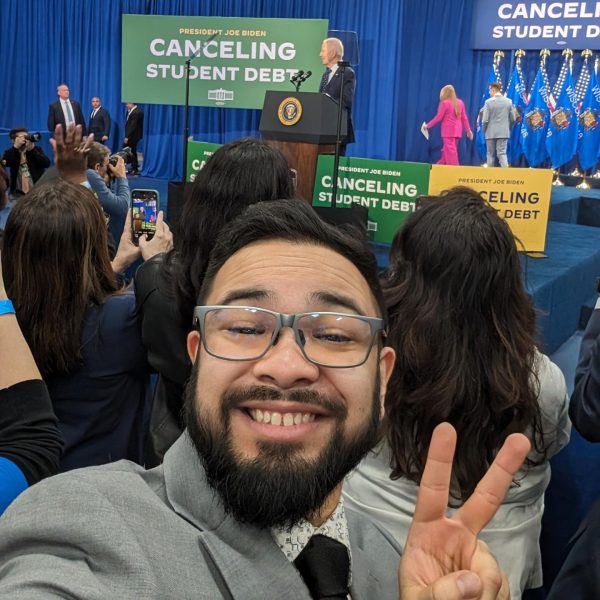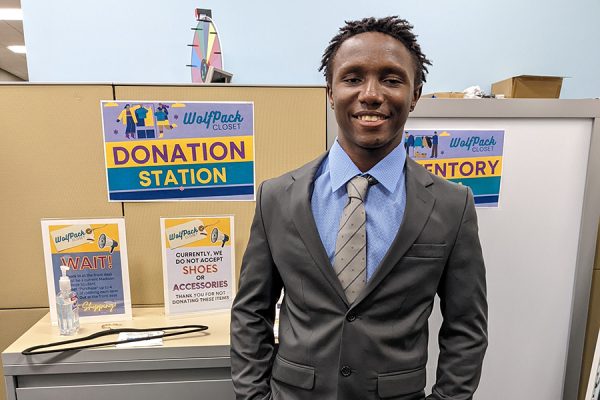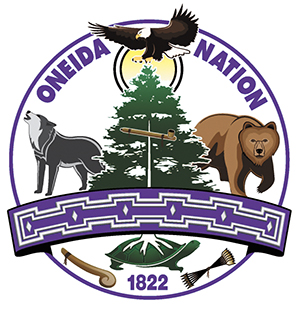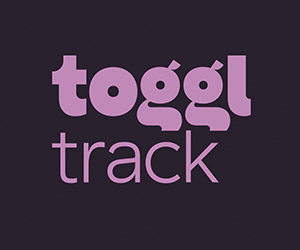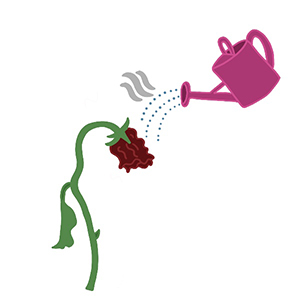April is Sexual Assault Prevention and Awareness Month
April 5, 2022
Individuals have been advocating for sexual assault prevention since people have cared about making the world a safer place. Efforts started to gain traction with the civil rights era in the 1940s and 50s. While open discussion of sexual assault and domestic violence was limited, advocates still began to challenge the status quo for equal rights. Many of the initial efforts were advocated by Black women and women of color. Rosa Parks, for example, worked at the intersections of race and gender-based violence. Extensive social activism around the issue of sexual assault continued into the 1970s, bringing support for survivors and increased awareness.
The first rape crisis center was founded in San Francisco in 1971, the same city where the first U.S. Take Back the Night event was held seven years later. Take Back the Night is the earliest worldwide effort to fight sexual violence and violence. In the ’70s, the issue of violence against women became a focus of public discussion when cases in Philadelphia, San Francisco and Los Angeles gained media attention.
In the decades that followed, survivors and advocates rallied to call for legislation and funding that would support survivors, such as the Violence Against Women Act of 1993 (VAWA).
To further coordinate sexual assault awareness and prevention efforts, in 2000, the National Sexual Violence Resource Center and the Resource Sharing Project surveyed sexual violence organizations. They asked organizations about their preferred color, symbol and month for sexual assault awareness activities. The results showed that those in the movement preferred a teal ribbon as a symbol for sexual assault awareness. Sexual Assault Prevention and Awareness month (SAAM) was first nationally observed in 2001.
The history of SAAM has shown us that those who want to stop sexual assault and abuse will continually find ways to advocate for awareness and prevention. Looking forward, we can be sure that SAAM will continue to expand and adapt, reaching even more audiences with the message that a world free of sexual assault and abuse is achievable.
Throughout April, activities will be hosted to reflect on the strength and resilience of survivors and victims, the perseverance of advocates and the dedication of the professionals who support those who experience sexual assault. Learn how you can get involved at https://students.madisoncollege.edu/sexual-assault.
– Information provided by the Madison College Civil Rights Team





